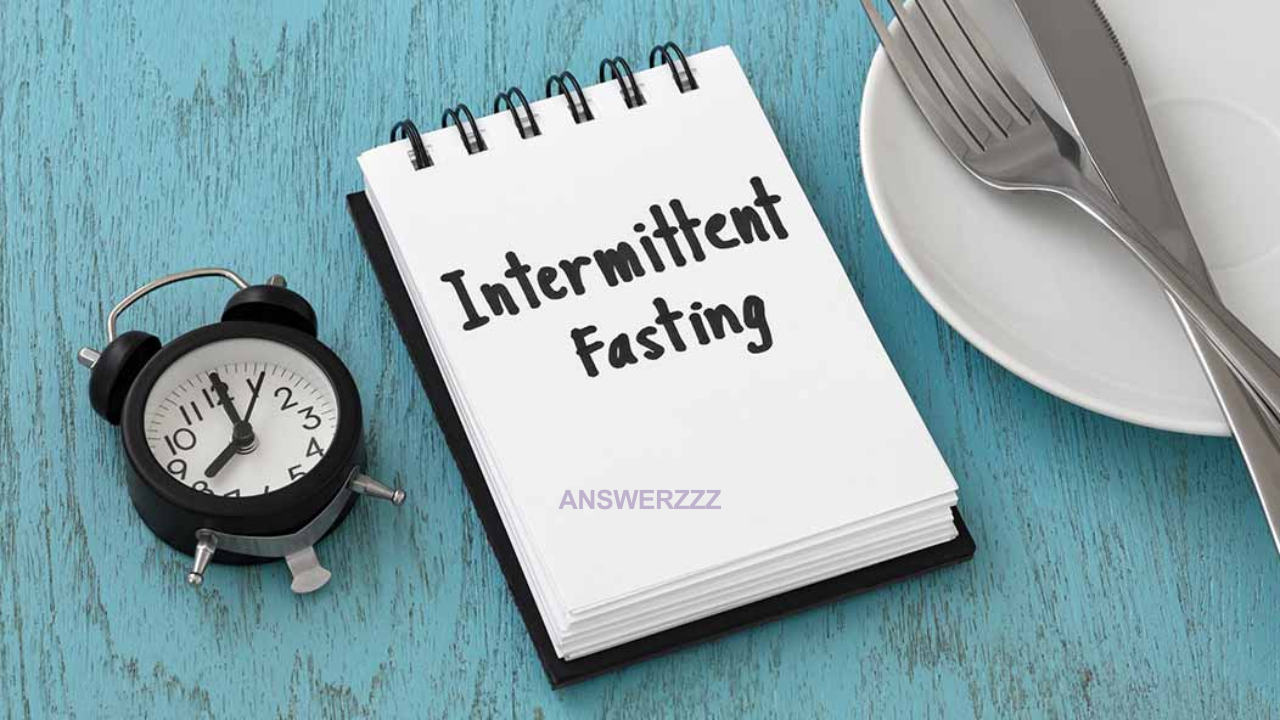Water is essential to life, yet many of us often overlook its importance in maintaining optimal health. From regulating body temperature to aiding digestion and keeping our cells functioning properly, water plays a crucial role in supporting the body’s various systems. Despite its significance, there is still some confusion about how much water we actually need. This blog post will explore the science behind hydration and help you understand just how much water your body really requires for optimal performance and well-being.
The Importance of Water in the Body
Water makes up about 60% of the human body, with the amount varying depending on factors such as age, gender, and body composition. It’s present in every cell, tissue, and organ in the body, and its presence is critical for various physiological processes. Here are some of the key functions that water supports:
- Regulates Body Temperature: Water is a key player in thermoregulation. It helps maintain a stable body temperature by dissipating heat through sweat. When the body overheats, the process of sweating helps cool the body down.
- Supports Digestion: Water aids in the digestion and absorption of food. It helps break down food so that the body can absorb nutrients, and it also moves waste through the digestive system, preventing constipation.
- Transports Nutrients and Oxygen: Water is the primary medium in which nutrients and oxygen are transported to cells and waste products are removed. Blood, which is largely composed of water, helps deliver these essential substances to various parts of the body.
- Detoxifies the Body: The kidneys filter waste from the blood, and water is crucial for this process. Water helps flush out toxins and waste products, ensuring the body remains free of harmful substances.
- Lubricates Joints and Cushions Organs: Water also acts as a lubricant for joints, helping to reduce friction and prevent injury. It also provides cushioning for organs and tissues, particularly the brain, spinal cord, and eyes.

How Much Water Do You Really Need?
The question of how much water the average person should drink each day has been a topic of debate for decades. Many health experts have recommended the “8×8 rule” — eight 8-ounce glasses of water per day, which equals about 2 liters or half a gallon. While this rule provides a simple guideline, it’s not a one-size-fits-all approach. The exact amount of water a person needs can depend on a variety of factors, including:
- Age: As we age, our body’s ability to retain water can decrease. Older adults are often at a higher risk of dehydration because their sense of thirst may become less acute. Therefore, it’s essential for seniors to pay close attention to hydration.
- Gender: Men generally require more water than women due to their larger body mass and higher muscle-to-fat ratio. The average daily water intake for men is about 3.7 liters (125 ounces), while for women, it’s about 2.7 liters (91 ounces). However, these values can vary depending on individual factors.
- Physical Activity Levels: If you’re physically active, your body will require more water to replace fluids lost through sweat. Athletes, particularly those engaged in high-intensity exercise, should increase their water intake to ensure they stay hydrated and avoid dehydration.
- Climate and Temperature: Hot and humid climates cause the body to sweat more, which leads to an increased need for water. Likewise, during winter months, we tend to drink less water, but it’s still important to stay hydrated, as the dry air can cause moisture to evaporate from the skin and respiratory system.
- Health Conditions: Certain medical conditions, such as kidney disease, diabetes, or fever, can increase your body’s need for water. Additionally, if you’re experiencing vomiting or diarrhea, you may need extra fluids to replace those lost.
- Pregnancy and Breastfeeding: Pregnant and breastfeeding women also need additional water to support the developing fetus or provide milk for the baby. Pregnant women should aim for about 2.3 liters (about 78 ounces) per day, and breastfeeding women need around 3.1 liters (about 104 ounces) to stay adequately hydrated.
The Risks of Dehydration
Dehydration occurs when the body loses more water than it takes in, causing an imbalance that can impair normal bodily functions. Even mild dehydration can lead to various symptoms, such as:
- Thirst: This is the body’s natural signal that it needs water. While thirst is a common indicator, it’s important not to rely solely on it since, by the time you feel thirsty, you may already be mildly dehydrated.
- Fatigue: Dehydration can leave you feeling tired and sluggish as it can reduce blood volume and make it harder for oxygen and nutrients to be transported to cells, resulting in less energy.
- Headaches and Dizziness: Lack of adequate water intake can cause the brain to shrink, leading to headaches and dizziness. These are common symptoms of dehydration.
- Dry Skin and Mouth: Dehydration can lead to dry, flaky skin and a dry mouth. You may also notice that your urine becomes darker in color as the body tries to conserve water.
- Digestive Issues: Chronic dehydration can lead to constipation, as water is necessary for moving waste through the digestive system.
Severe dehydration can be life-threatening and may lead to organ failure, heat stroke, or seizures. Therefore, it’s crucial to be mindful of your hydration levels and ensure you’re drinking enough water throughout the day.

Signs You May Need More Water
There are several indicators that can help you assess whether you’re getting enough water:
- Clear Urine: One of the best signs that you’re well-hydrated is clear or light-colored urine. Dark yellow urine typically signals dehydration.
- Regular Bathroom Visits: If you’re visiting the bathroom regularly, it’s a sign that your body is flushing out excess fluid, indicating that you’re properly hydrated.
- Good Skin Elasticity: Well-hydrated skin tends to be more elastic and less prone to dryness or wrinkling. If your skin has a “pinch” effect (doesn’t bounce back when pinched), it could be a sign of dehydration.
- No Fatigue or Headaches: Staying hydrated can prevent feelings of tiredness and reduce the chances of developing headaches, as dehydration can trigger these symptoms.
- Increased Energy Levels: Proper hydration supports bodily functions and helps maintain energy levels throughout the day. If you notice a significant increase in energy after drinking water, it may be a sign that your body was in need of fluids.
How to Stay Properly Hydrated
To ensure you’re drinking enough water, consider these tips:

- Drink Water Consistently: Instead of trying to drink large amounts of water at once, aim to sip water consistently throughout the day. Carrying a reusable water bottle can help remind you to drink.
- Monitor Your Urine: Pay attention to the color of your urine, as it’s one of the best indicators of hydration status. Clear to pale yellow is ideal.
- Increase Intake During Physical Activity: If you exercise, make sure to hydrate before, during, and after your workout. For intense physical activity lasting over an hour, consider drinking a beverage that also replenishes electrolytes.
- Eat Water-Rich Foods: Certain fruits and vegetables have a high water content and can contribute to hydration. Examples include watermelon, cucumber, strawberries, and celery.
- Drink Water Before Meals: Drinking a glass of water before meals can help with digestion and help prevent overeating, as it can make you feel fuller.
- Watch Your Alcohol and Caffeine Intake: Alcohol and caffeinated beverages are diuretics, meaning they increase urination and can lead to dehydration if consumed in excess. If you drink these, make sure to counterbalance them with extra water.
Hydration is fundamental to maintaining good health, and understanding how much water your body needs is crucial for ensuring you’re supporting your overall well-being. While the “8×8 rule” provides a simple guideline, individual hydration needs can vary based on factors like age, gender, activity level, and health conditions. Listening to your body and paying attention to signs of dehydration can help you stay adequately hydrated throughout the day. So, drink up, stay hydrated, and give your body the water it needs to thrive.



